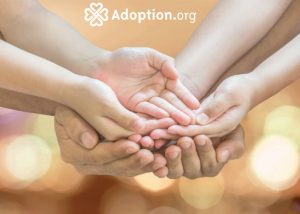The short answer is no. When we discuss foster care payments, there are a few things that need to be taken into consideration. The foster parents are not employees of the state performing a job. They are acting as caregivers on behalf of the state. The payments they receive are considered a subsidy, not a salary. In most cases, the payments are received at the beginning of the month as reimbursement for the previous month. Then, the biological parents will be charged child support to reimburse the state for the funds given.
Payments are not meant to be listed as income. Really, it’s a small amount. The payments are less than the actual cost of caring for the child. In some states, the amount is as little as half the cost of care. The specific amount varies greatly based on the state and the needs of the individual child. For instance, foster parents with a child who has special needs or an infant who needs diapers and formula would receive a little more.
According to tax laws, foster care subsidy payments may be excluded from gross income totals if they are made pursuant to a foster care program of a state, are paid by a state, political subdivision, or qualified agency, and are made to a foster care provider for the care of a qualified foster individual in the foster care provider’s home. Those payments do not need to be listed on tax returns or loan applications. The subsidy should not affect Social Security income.
The amount of foster care subsidy payments is small for a reason. They are meant to cover the child’s immediate needs only. Prospective parents must provide proof that they can support the child independent of those payments before the child is placed in their care. The purpose of that is so the foster care system is not used as a way for someone to make money. It aims to ensure the best possible care is given to the child under the circumstances.
For more information about foster care or adoption, go to Adoption.com.
Ashley Foster is a freelance writer. She is a wife and a mother of two, currently residing in Florida. She loves taking trips to the beach with her husband and sons. As an infant, she was placed with a couple in a closed adoption. Ashley was raised with two sisters who were also adopted. In 2016, she was reunited with her biological family. She advocates for adoptees’ rights and DNA testing for those who are searching for family. Above all, she is thankful that she was given life.
